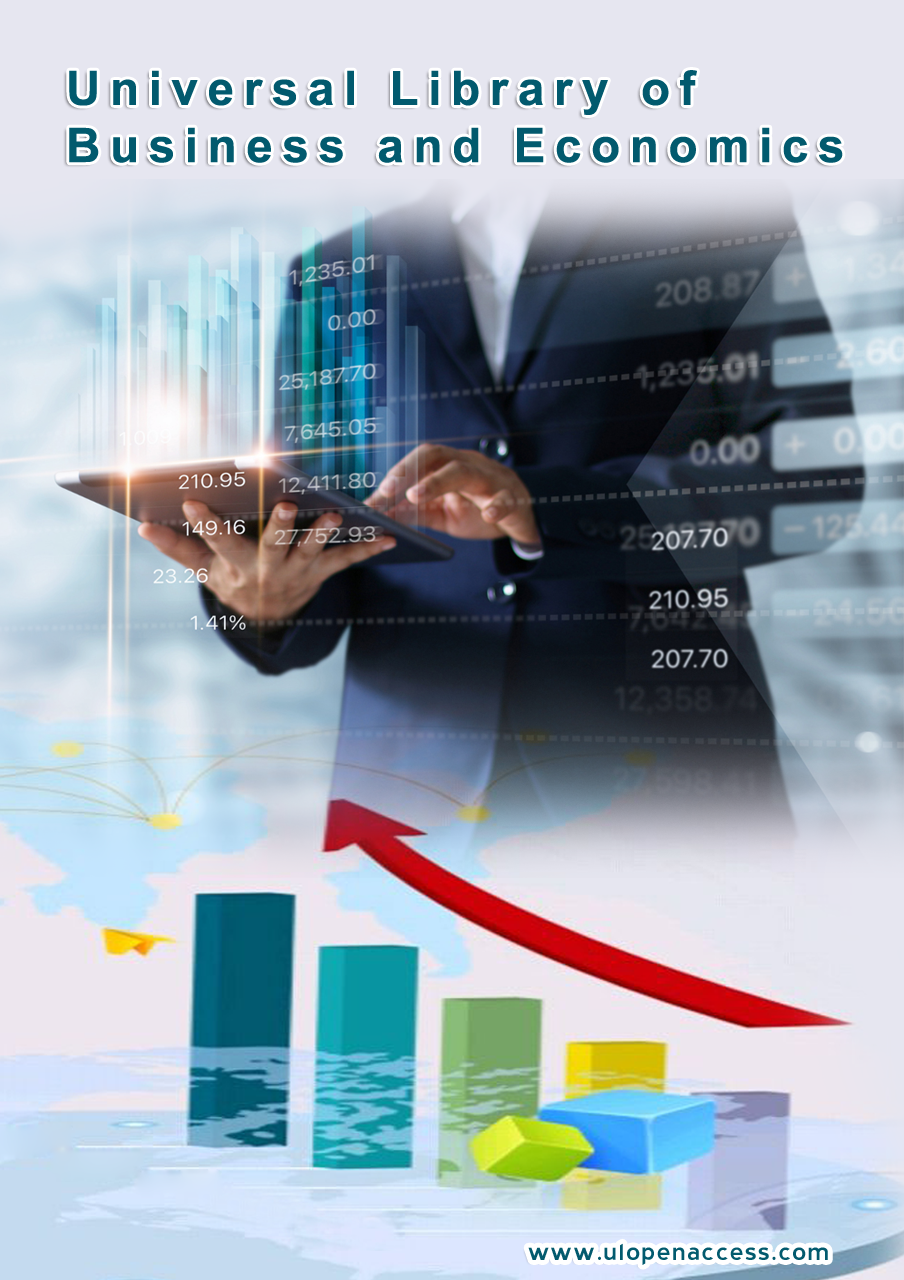Techno-Economic Modeling of the Life Cycle of Decentralized Hybrid Energy Systems as a Foundation for Enhancing Energy Independence and Sustainable Regional DevelopmentPetro Bondar Citation: Petro Bondar, "Techno-Economic Modeling of the Life Cycle of Decentralized Hybrid Energy Systems as a Foundation for Enhancing Energy Independence and Sustainable Regional Development", Universal Library of Business and Economics, Volume 02, Issue 03. Copyright: This is an open access article distributed under the Creative Commons Attribution License, which permits unrestricted use, distribution, and reproduction in any medium, provided the original work is properly cited. AbstractThe study presents a comprehensive techno-economic investigation of the life cycle of distributed hybrid energy systems in the context of enhancing regional energy independence and sustainable development. In the global transition to low-carbon energy and amid growing price volatility of fossil resources, the development of autonomous and environmentally safe solutions gains particular significance. The objective of the study is to evaluate the economic feasibility and autonomy potential of the Smart Adaptive Energy Optimization (SAEO) platform, which integrates renewable energy sources, hydrogen technologies and intelligent control methods. The research methodology is based on calculations of levelized cost of energy (LCOE), net present value (NPV) and the energy independence index over the life cycle. The results demonstrate that, due to component synergy and utilization of secondary energy resources, the SAEO system achieves a reduction in LCOE compared to traditional renewable-plus-battery and diesel-generator hybrid configurations. The scientific novelty lies in the life cycle assessment of a quadrigeneration system that combines renewable sources, a combined gas-steam cycle, hydrogen production and utilization under adaptive artificial intelligence control. The conclusions confirm that the implementation of such solutions is economically feasible and strategically important for isolated territories, industrial facilities and smart city concepts. The findings are relevant to energy sector investors, governmental bodies shaping energy policy and engineering specialists involved in designing sustainable energy systems. Keywords: Decentralized Energy, Hybrid Energy Systems, Techno-Economic Modeling, Life Cycle, Renewable Energy Sources, Hydrogen Energy, Energy Independence, LCOE, Sustainable Development, SAEO. Download |
|---|

